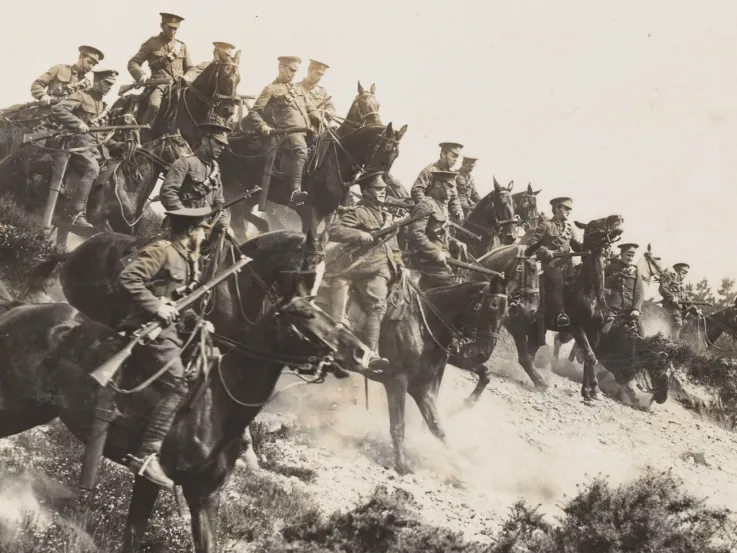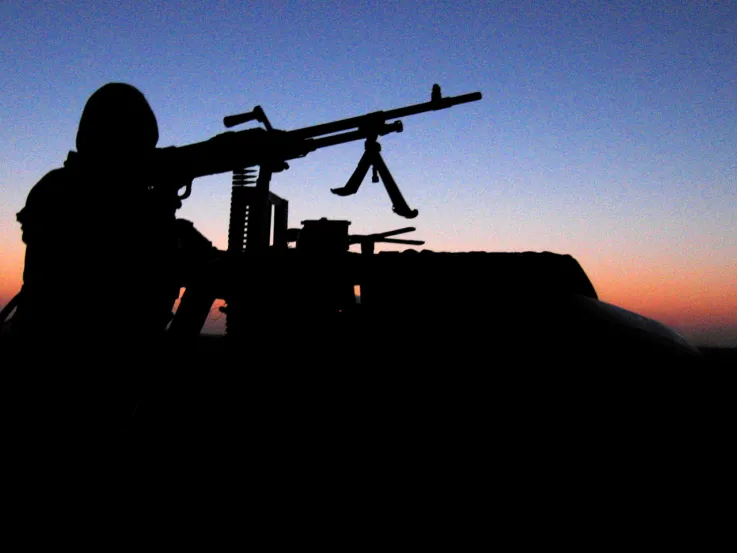Transcript: Map
Audio transcript
Colonel Simon Fordham:
One of the key tenets is to ask for proof of life and I was absolutely insistent that I wanted to speak to the company commander or somebody else. On the second or third day, I can't remember exactly now, but Kallay came forward and said, 'I'm showing you that I'm a man of peace.' And he brought forward one of the soldiers and one of the officers. And it's quite a documented fact now, but as the officer came forward he saluted, shook hands with me, and as we shook hands I realised there was something in the hand and it was a pen top. And later, as we looked at it, it was a sketched diagram that had been drawn of where they were kept, the layout of the village, where the sentries were, what the routine was, and all the rest of it.
This is what I had presumed that they were doing, but you know the officer in question had had to do this in front of about 35 heavily armed and heavily nervous rebels at the time. And so it was a courageous act on his behalf, because what we didn't know at the time was that they were being treated pretty badly back in the camp. And in particular the Sierra Leone liaison officer was going through a dreadful time, where he'd become recognised by some of the West Siders as a former officer and they'd taken great glee in attacking him and abusing him in quite a severe fashion. And the company commander went to great lengths and personal danger, frankly, to get that situation stopped and get the Sierra Leone officer back under some form of proper safety and control.



